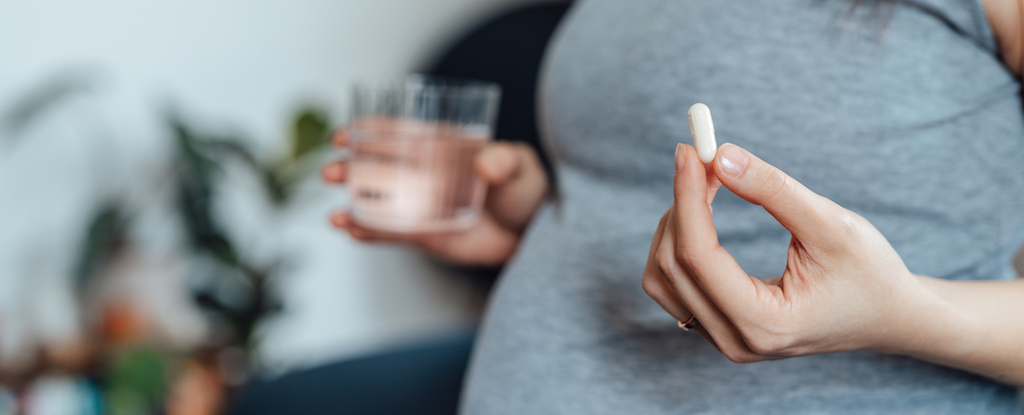
ED the lack of ability to attain or keep an erection adequate for erotic performance, impacts hundreds of thousands of guys worldwide. While reasons of ED vary from psychological stress to cardiovascular ailment and diabetes, current lookup has explored the viable position of diet D in aiding erotic health. This article dives into how a good deal diet D can also be recommended for guys with erectile dysfunction, what the science says, and how to use it safely.
The Link Between Vitamin D and ED
Vitamin D is a fat-soluble vitamin that is mainly produced in the skin following exposure to sunlight. It also plays a critical role in many bodily processes, including immune support, bone health, hormone regulation, and vascular function.
Vitamin D receptors are found in endothelial cells, which line blood vessels and regulate vascular tone. Low vitamin D levels are associated with increased inflammation, oxidative stress, and endothelial dysfunction—all of which can impair penile blood flow.
ED is often managed with medications like sildenafil cenforce 100 At the same time, interest is growing in how vitamin D might support erogenous health, particularly in men with low vitamin D levels.
A number of studies have shown that men with low vitamin D levels are more likely to suffer from ED. For instance:
- A 2015 study published in Atherosclerosis found that men with vitamin D deficiency were more likely to have severe ED.
- A meta-analysis published in The World Journal of Men’s Health in 2020 suggested that vitamin D supplementation could moderately improve erectile function, particularly in those with documented deficiency.
For Men with Low Vitamin D or ED Symptoms
Clinical trials and expert recommendations suggest higher doses may be more effective for restoring optimal blood levels and potentially supporting erectile function:
2,000 to 4,000 IU daily is often used in studies without reported adverse effects.
In cases of confirmed deficiency (25-hydroxyvitamin D levels below 20 ng/mL), doctors may recommend 50,000 IU weekly for 6–8 weeks, followed by a maintenance dose.
The Endocrine Society sets the upper safe limit at 10,000 IU daily, though long-term high doses should only be taken under medical supervision.
If your levels are low, supplementation can help—not just for ED, but for overall cardiovascular and hormonal health.
Mechanisms: How Vitamin D May Help Erectile Function
Improved Endothelial Function: Vitamin D promotes nitric oxide production, a key molecule in initiating and sustaining an erection.
Reduced Inflammation: Chronic inflammation can damage blood vessels; vitamin D’s anti-inflammatory effects may reduce this risk.
Boosting Testosterone: Low testosterone is a known contributor to ED. Some studies show that vitamin D may help raise testosterone levels in men with low D.
Improved Mood and Reduced Depression: Depression and stress are significant psychological contributors to ED. Vitamin D may improve mood through its effect on brain neurotransmitters.
Get Tested First: Measure vitamin D levels via a blood test (25(OH)D). Use cenforce 100 sildenafil as Needed: For erotic activity; avoid daily use unless prescribed. Use Vitamin D Daily: Consistency matters; results appear gradually over weeks or months.
To avoid these complications, stick to doses below 4,000 IU daily unless prescribed otherwise by a physician. Periodic blood testing is crucial if taking higher doses.
Lifestyle Factors That Enhance Vitamin D and Sexual Health
Sunlight: Just 15–30 minutes of midday sun on your face, arms, or legs can help your body produce adequate vitamin D.
Diet: Fatty fish (like salmon), egg yolks, and fortified foods contain small amounts of vitamin D.
Exercise: Regular physical activity improves blood flow, testosterone, and mood—all factors that influence erectile function.
Weight management: Obesity is linked to low vitamin D and ED; losing excess weight can help normalize both.
Final Thoughts: How Much Should You Take?
If you’re experiencing ED and suspect low vitamin D may be a contributing factor, consider:
Getting tested first to determine your vitamin D status.
If deficient (<30 ng/mL): Consider 2,000–4,000 IU daily, or a higher dose under supervision.
If adequate: Maintaining a daily intake of 1,000–2,000 IU is safe and may support vascular and hormonal health.
Vitamin D isn’t a magic pill for ED, but in men with low levels, supplementation may offer a modest but meaningful improvement—especially when paired with broader lifestyle changes and medical guidance.
Source link
